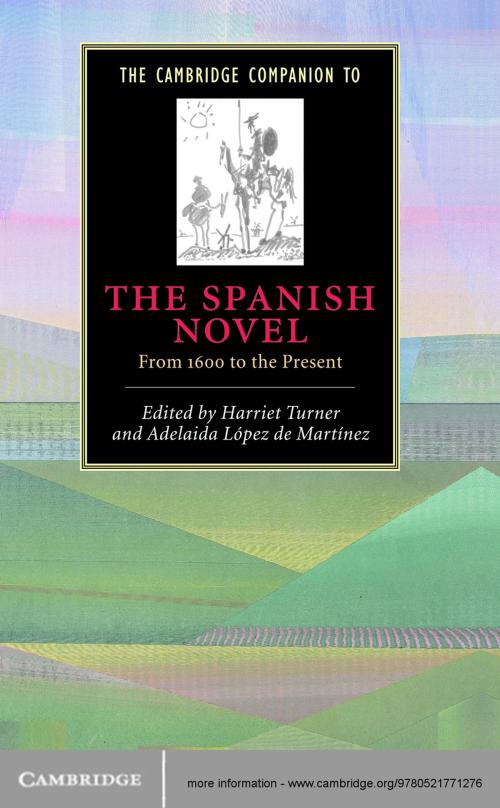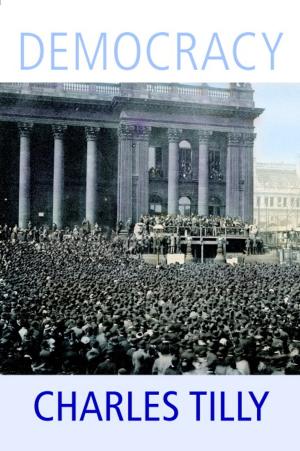The Cambridge Companion to the Spanish Novel
From 1600 to the Present
Fiction & Literature, Literary Theory & Criticism, Central & South American| Author: | ISBN: | 9781139816250 | |
| Publisher: | Cambridge University Press | Publication: | September 11, 2003 |
| Imprint: | Cambridge University Press | Language: | English |
| Author: | |
| ISBN: | 9781139816250 |
| Publisher: | Cambridge University Press |
| Publication: | September 11, 2003 |
| Imprint: | Cambridge University Press |
| Language: | English |
The Cambridge Companion to the Spanish Novel presents the development of the modern Spanish novel from 1600 to the present. Drawing on the combined legacies of Don Quijote and the traditions of the picaresque novel, these essays focus on the question of invention and experiment, on what constitutes the singular features of evolving fictional forms. It examines how the novel articulates the relationships between history and fiction, high and popular culture, art and ideology, and gender and society. Contributors highlight the role played by historical events and cultural contexts in the elaboration of the Spanish novel, which often takes a self-conscious stance toward literary tradition. Topics covered include the regional novel, women writers, and film and literature. This companionable survey, which includes a chronology and guide to further reading, conveys a vivid sense of the innovative techniques of the Spanish novel and of the debates surrounding it.
The Cambridge Companion to the Spanish Novel presents the development of the modern Spanish novel from 1600 to the present. Drawing on the combined legacies of Don Quijote and the traditions of the picaresque novel, these essays focus on the question of invention and experiment, on what constitutes the singular features of evolving fictional forms. It examines how the novel articulates the relationships between history and fiction, high and popular culture, art and ideology, and gender and society. Contributors highlight the role played by historical events and cultural contexts in the elaboration of the Spanish novel, which often takes a self-conscious stance toward literary tradition. Topics covered include the regional novel, women writers, and film and literature. This companionable survey, which includes a chronology and guide to further reading, conveys a vivid sense of the innovative techniques of the Spanish novel and of the debates surrounding it.















